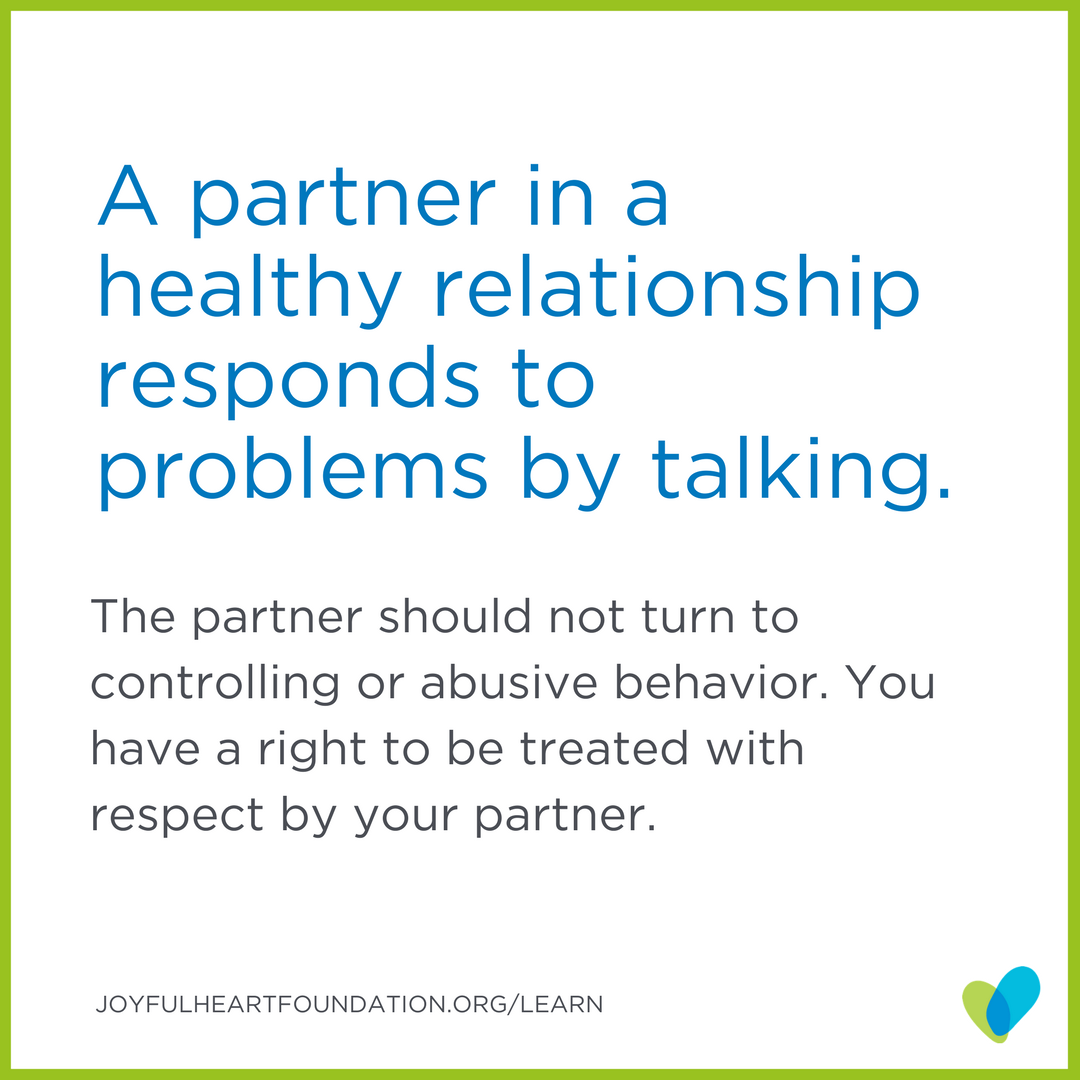You can leave this site quickly.
Learn more about Internet safety.
Effects of Domestic Violence
Domestic violence survivors can face ongoing and challenging effects after enduring physical, mental, and emotional abuse. It can take time for a survivor to adjust to living in a safe environment, especially if a perpetrator was severely violent and/or committed the actions over an extended period of time.
While addressing this pain can be overwhelming, the healing process can help survivors develop inner strengths and lessen their fear of safety for themselves and their families. On the journey to recovery, survivors and those who support them should understand that healing takes time. The effects of this trauma can vary widely person to person due to individuals’ responses to stress, age, and the frequency and severity of abuse.
What are common physical effects of domestic violence?
- Bruises
- Bruises on or around the eyes
- Red or purple marks at the neck
- Sprained or broken wrists
- Chronic fatigue
- Shortness of breath
- Muscle tension
- Involuntary shaking
- Changes in eating and sleeping patterns
- Sexual dysfunction
- Menstrual cycle or fertility issues in women
What are common mental effects of domestic violence?
- Post-traumatic stress disorder (PTSD), including flashbacks, nightmares, severe anxiety, and uncontrollable thoughts
- Depression, including prolonged sadness
- Anxiety
- Low self-esteem and questioning sense of self
- Suicidal thoughts or attempts. If you or someone you know is feeling suicidal, contact the National Suicide Prevention Lifeline at 1.800.273.8255.
- Alcohol and drug abuse
What are common emotional and spiritual effects of domestic violence?
- Hopelessness
- Feeling unworthy
- Apprehensive and discouraged about the future
- Inability to trust
- Questioning and doubting spiritual faith
- Unmotivated
What are common effects on children who witness domestic violence?
Whether children witness or experience abuse, it can take a toll on their development. Domestic violence victims are not isolated to intimate partners. Children are at an increased risk for emotional behavioral problems regardless if they were directly abused or not. The effects include:
- Anxiety
- Depression
- Academic problems
- Fearful




